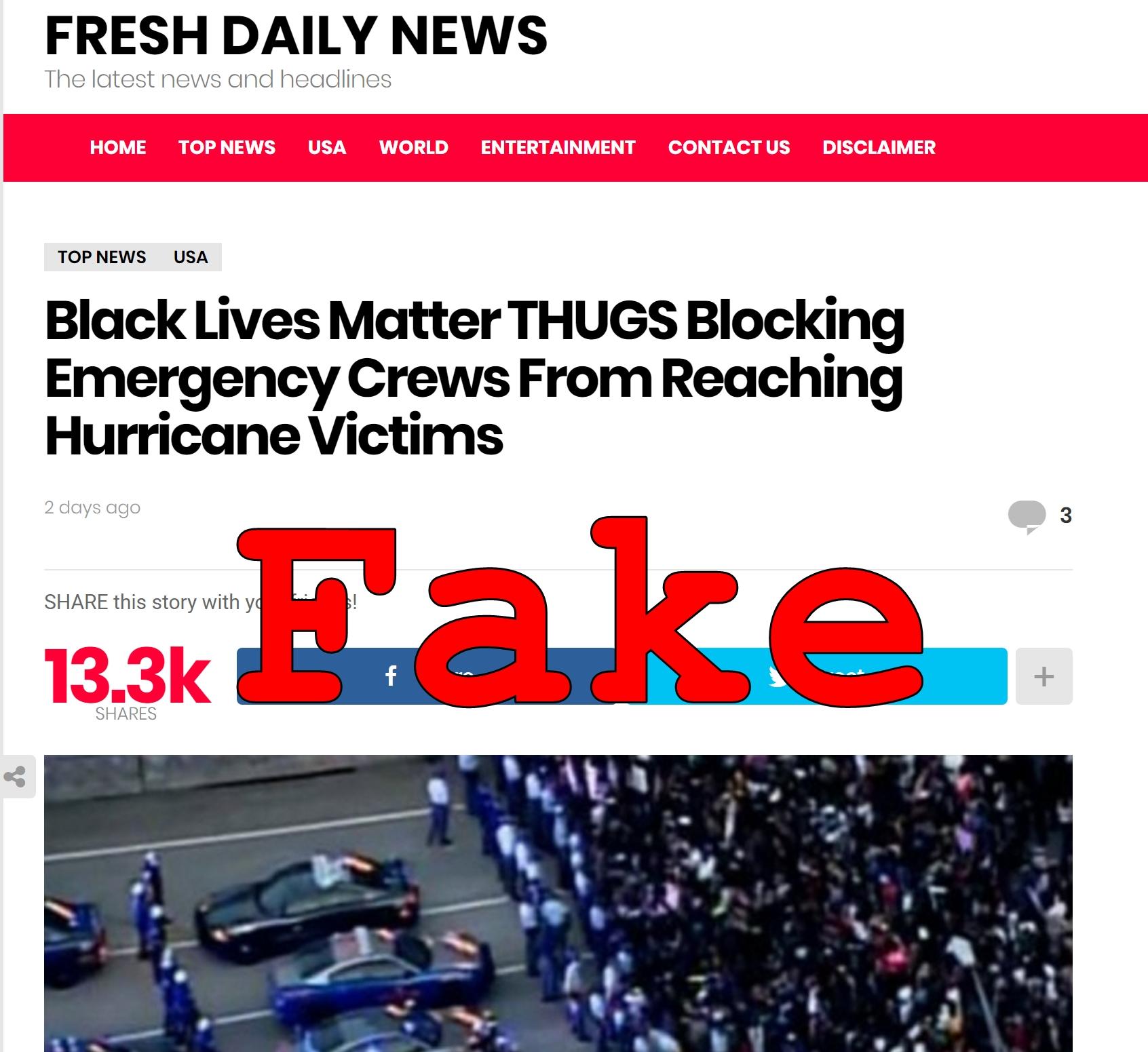Again, it's been a while. But recent events have spurred a lot of introspection on my part. From the attempted coup in the US to the ongoing pandemic, the task of the crisis communicator or PIO keeps getting harder.
So i thought: why not come up with some tips to share?
Here we go!
Tip #1: BUILD YOUR BRAND
Develop the "trust" capital your organization will rely on in a crisis:
- Online brand is built on trust
- Your online presence is based on your values
- It will likely be the first point of contact for many stakeholders
Tip #2: OCCUPY THE PUBLIC SPACE
Don't let others tell your story! Don't leave space for mistrust to emerge!
- Be socially convergent: use social and mobile (the tools of the audience!)
- Follow the four imperatives of incident communications:
- Alert and notify
- Respond under great media/public scrutiny
- Conduct operational social listening
- Engage/maintain dialogue
Tip #3: (lack of) SPEED KILLS!
Immediacy of response is a must: the first voice heard often resonates loudest.
- Have a solid crisis comms planning process in place and messaging ready!:Based
- Based on the 5 Ps
Become your own broadcaster to talk directly with your audiences
- invest in the tech and capabilities to produce on-the-spot videos
- use livestream whenever possibile
Tip #5: BUILD PARTNERSHIPS TO AMPLIFY YOUR VOICE
Create networks of agencies, organizations and individuals who are recognized, viewed as trustworthy and have large audiences to help relay your information.
Tip #6: CONDUCT OPERATIONAL SOCIAL LISTENING IN A CRISIS
There are five reason why listening is a must:
- validate impact of your organization's messaging
- detect rumours that put public safety/security/health at risk
- Isolate and respond to calls for help or more info
- identify key influencers and potential reputational threats
- increase your situational awareness
Tip #7: DEFEND YOUR BRAND ONLINE
Maintain that "trust" capital at all costs. Don't engage with every troll but keep track of key trends and conversations that could lead to reputational threats.
Tip 8: FIGHT DISINFORMATION AND CORRECT MISINFORMATION
- Build alliances ... get help from reputable sources
- Get a myth buster page going
- Slap a "LIE" sticker on every egregious posts being shared that impacts your organization.
























